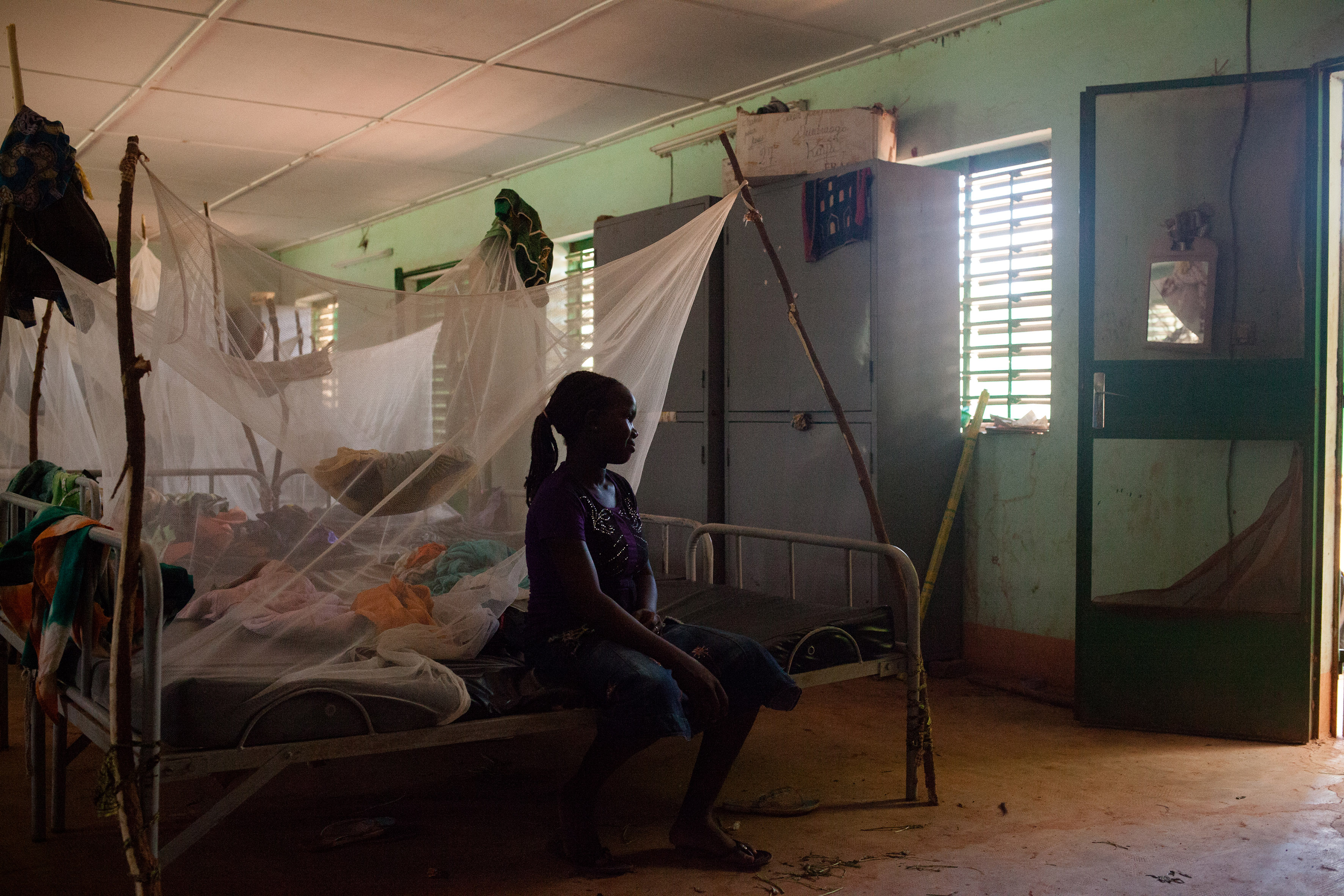
October 11th marked the fifth year that the global community recognized International Day of the Girl Child, which the United Nations established to acknowledge girls’ rights and highlight the unique challenges girls face around the world. The list of challenges for girls is not short. Girls around the world are more likely to experience exclusion, discrimination, and gender-based violence than their male counterparts. They are also more likely to have unequal access to education and economic opportunities in the future.
The good news is that the world is paying closer attention to the rights of adolescent girls and, as a result, there have been some improvements over the decades. We have seen progress in girls’ education, and many countries have enacted laws to promote gender equality. At the same time, there are challenges for girls where change is insignificant or where progress is uneven: chief among them is early and forced child marriage.
Child marriage — when an individual is married before the age of 18 — impacts 15 million girls each year, or 41,000 girls every day in lower-income countries. In other words, 1 in 3 girls in lower-income countries will be married before the age of 18; 1 in 9 will be married before the age of 15. UNICEF projects that without accelerated progress, the number of child brides on the African continent will double by 2050.
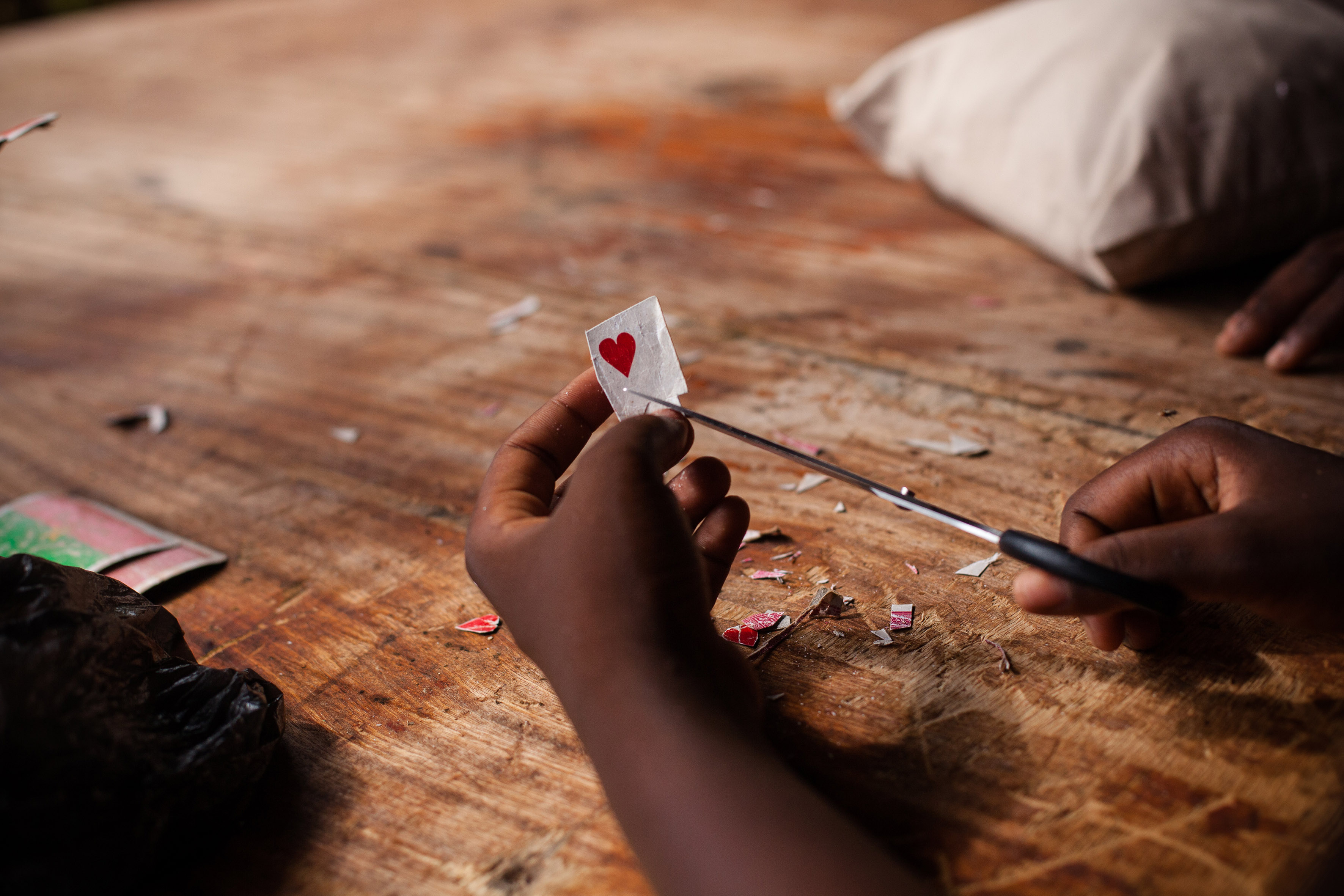
Fondation Cardinale Emile Biyenda provides refuge to survivors of rape, early and forced marriage and unwanted pregnancy in Burkina Faso.
This year, one of Amnesty’s Write for Rights (W4R) cases focuses on child marriage in Burkina Faso. Burkina Faso ranks among the 10 countries with highest rates of child marriage worldwide, where 1 in every 2 girls —52 percent— will be married before they turn 18, and 10 percent will be married before they turn 15.
Child marriage affects every aspect of a girl’s life. Girls who marry early are denied their childhood. Once married, these girls have little or no access to education and economic opportunities, and they and their families are more likely to live in poverty. Child brides also face a higher risk of experiencing dangerous, life-threatening complications in pregnancy, contracting HIV, and suffering domestic and sexual violence. Child marriage is a harmful practice that deprives girls of their right to choose if, when, and whom to marry and what type of family to create. It also deprives girls of their rights to education, to health, and to live in security.
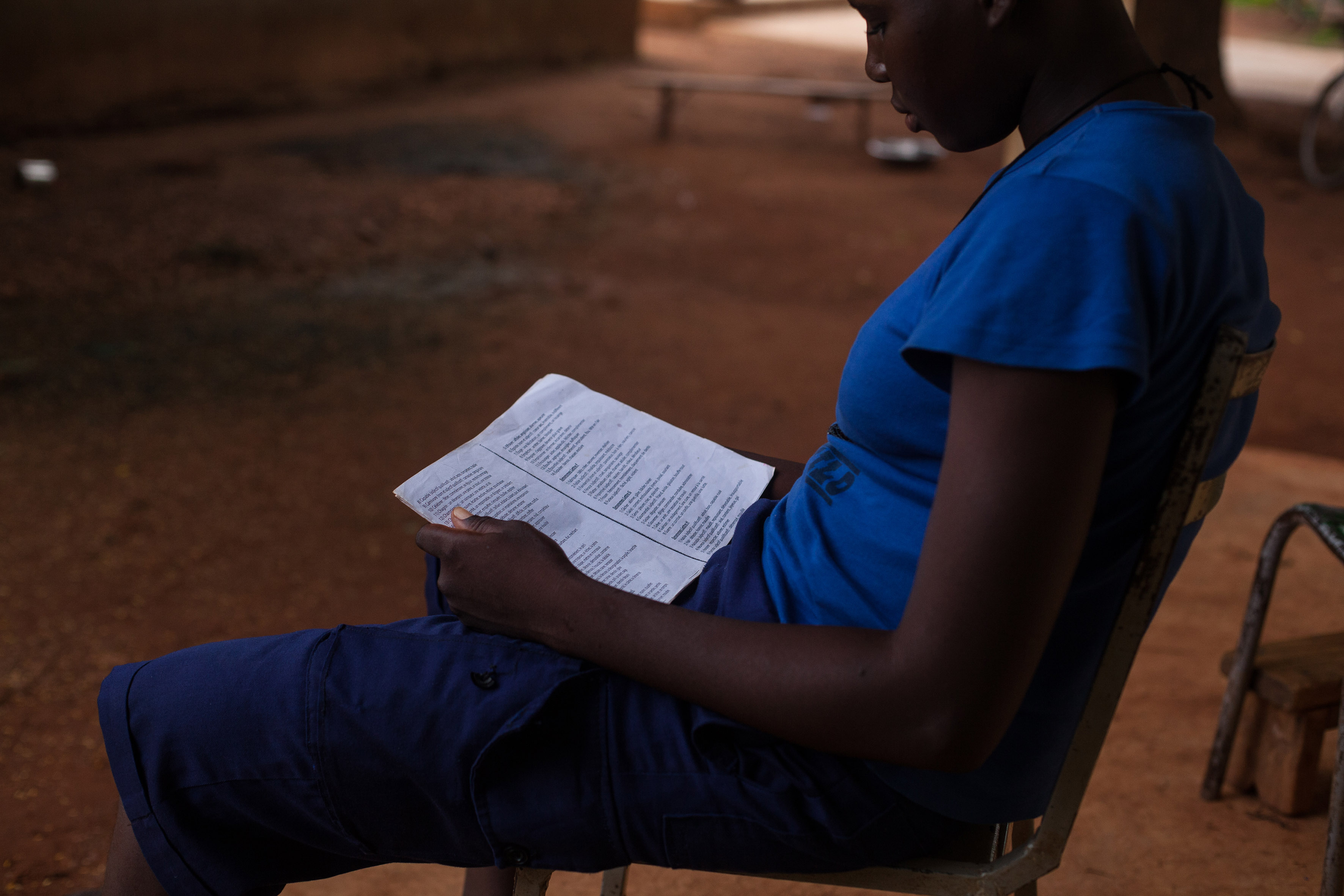
For most girls, early marriage means losing out on their education, but at this shelter for survivors of forced marriage in Kaya city, Burkina Faso, girls are encouraged to continue their education.
Our case highlights other aspects of child marriage in Burkina Faso: child brides are expected to have as many children as their husbands want, regardless of the girls’ wishes or the threat that early pregnancy poses to their health and life. As a result, child brides typically end up having many children to care for while still young. Rather than going to school or playing with her friends, many girls are responsible for childcare and must cook, fetch water, and work in the fields until dusk.
Some girls try to escape the life they have been forced into. One girl that Amnesty International met was forced to marry a 70-year-old man who already had five wives. Despite enormous pressure and threats from her family, she walked nearly 105 miles over three days to seek refuge at a shelter for young girls. Amnesty has met with many girls in shelters like this, who have run away from home in order to avoid or escape child marriage. These shelters are oftentimes their only option for survival, and many shelters are small, underfunded—with little or no support from the government—and themselves at risk of attack.
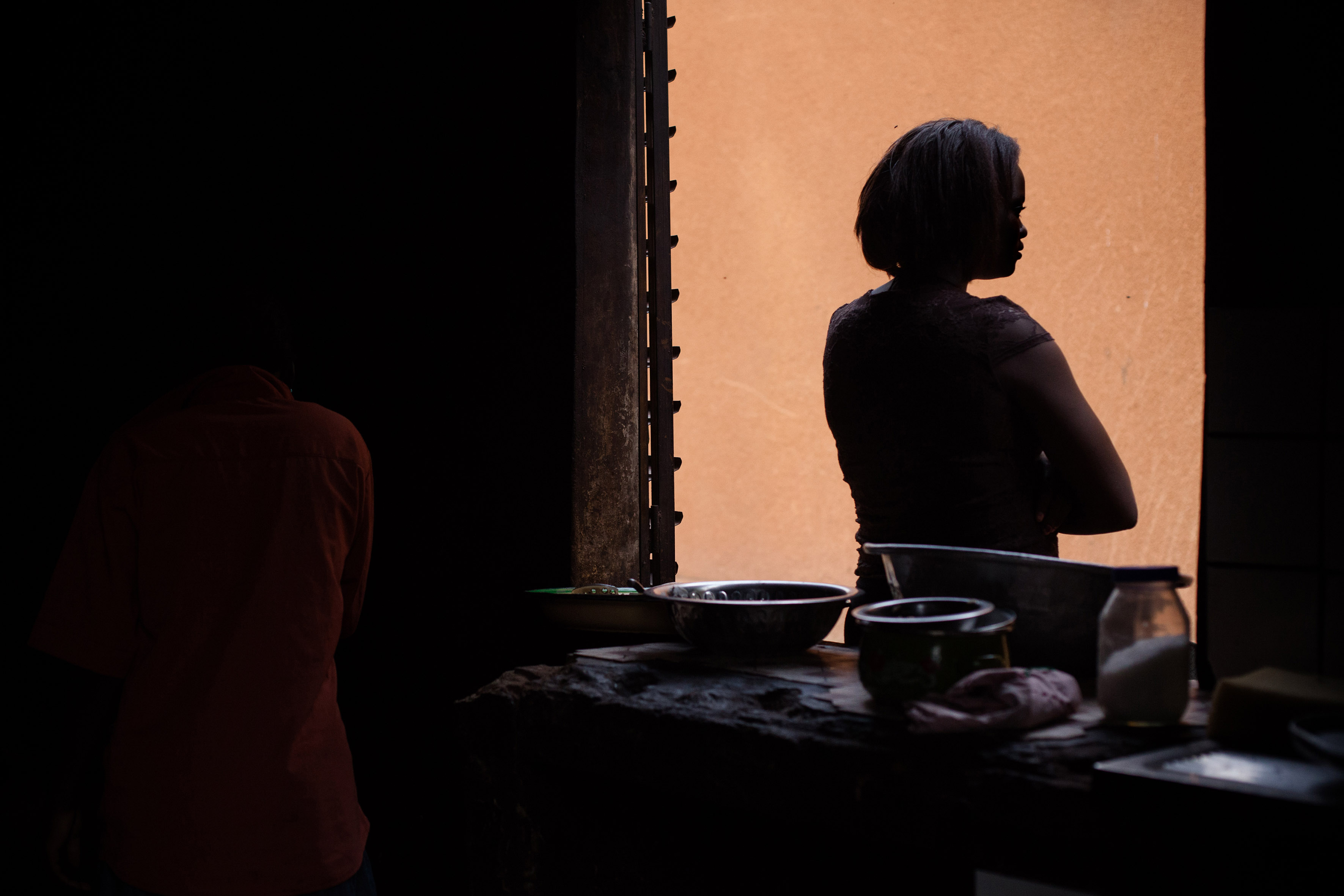
Fortunately, there are some encouraging high-level developments and commitments to ending child marriage. Child marriage is illegal in most countries, including Burkina Faso, and Burkina Faso joined the African Union’s campaign to end child marriage in March 2015. Furthermore, the government of Burkina Faso is developing a strategy to end child marriage in collaboration with civil society organizations and other partners.
Help us ensure that such commitments are more than just strategies or laws on the books.
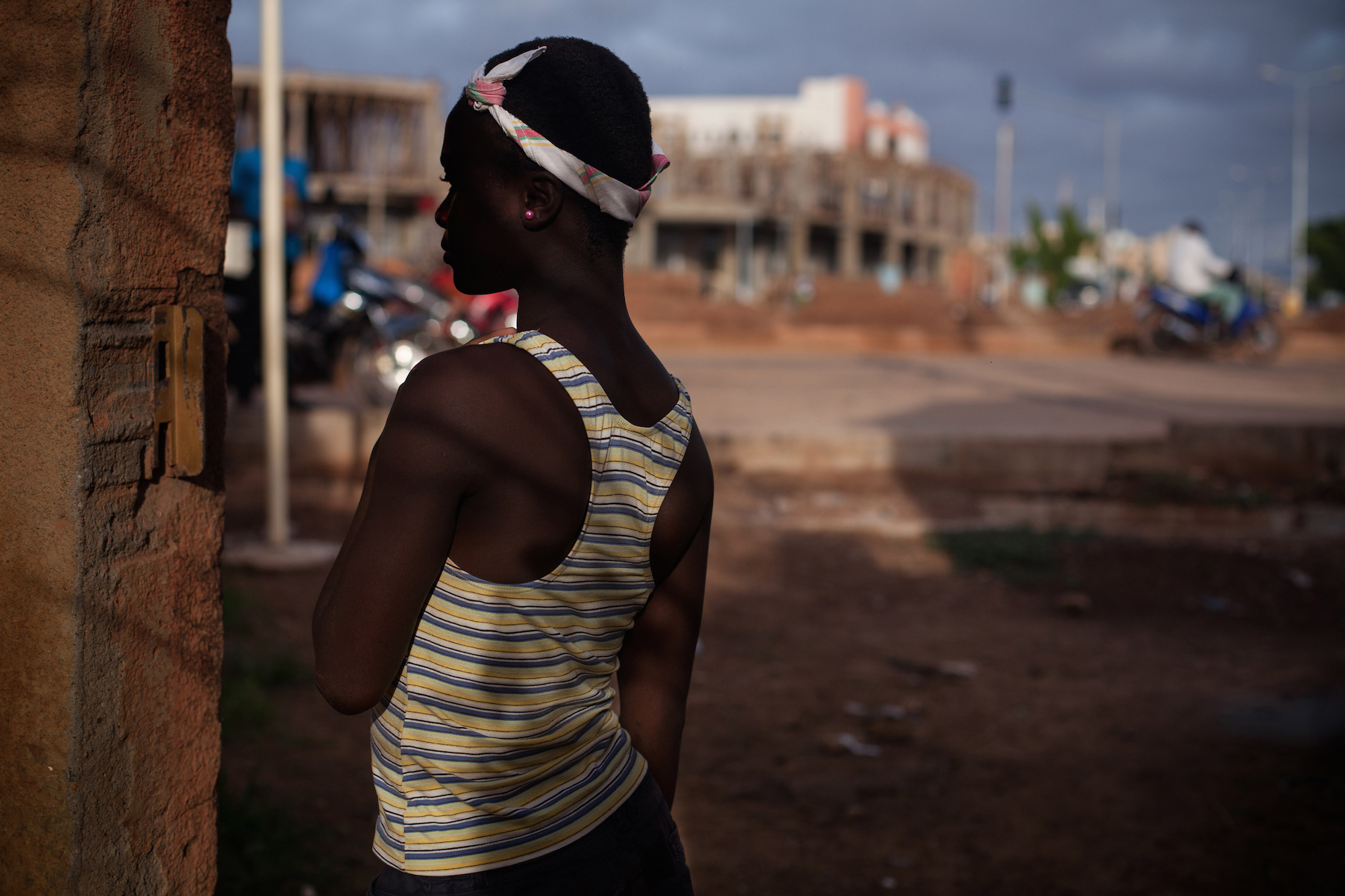
This 13-year-old girl survived rape and is now finding her way to a new life at Foceb shelter.
The government of Burkina Faso must enforce the law and protect girls and young women from forced marriages. You can start advocating for ending child marriage now and show your support for the women and girls in Burkina Faso.
Take Action: Stop Forced Child Marriage in Burkina Faso
Marriage at a young age should not happen especially when the reason for such union is due to poverty. It just seems unfair for these girls considering there are many options awaiting them if they are educated.
This should not happen!
Marriage always was and still is a means to controlling women and our/their sexuality and power. Bad enough as an adult (religion and society enforces/expects…) but abhorrent as a child/young woman. 'Legal' control using outdated and unfair/biased laws and for many women impossible to escape the contract that they didn't even consent to. If men were subjected to this there would be outrage. 'Legal' abuse must stop. C'mon let's have parity and CHOICE.
I have seen these types of cases often times and there is nothing we are able to do about it. It is happening all over the places where people are lack of education and food.
Even though international organizations are trying hard against this, there are still countries where such practices are going on. The statistics shared here are really shocking. Many are victims of child marriage and are losing their good share of life through this.low cost android tablets